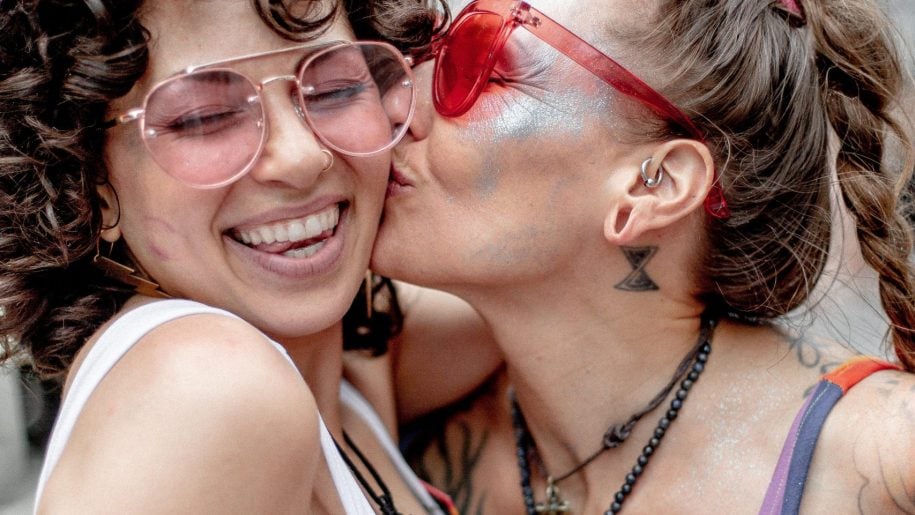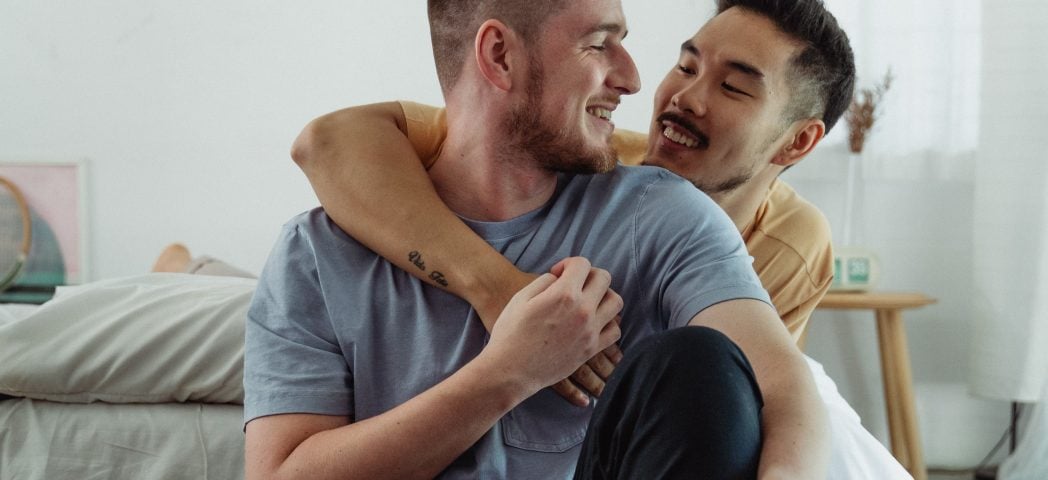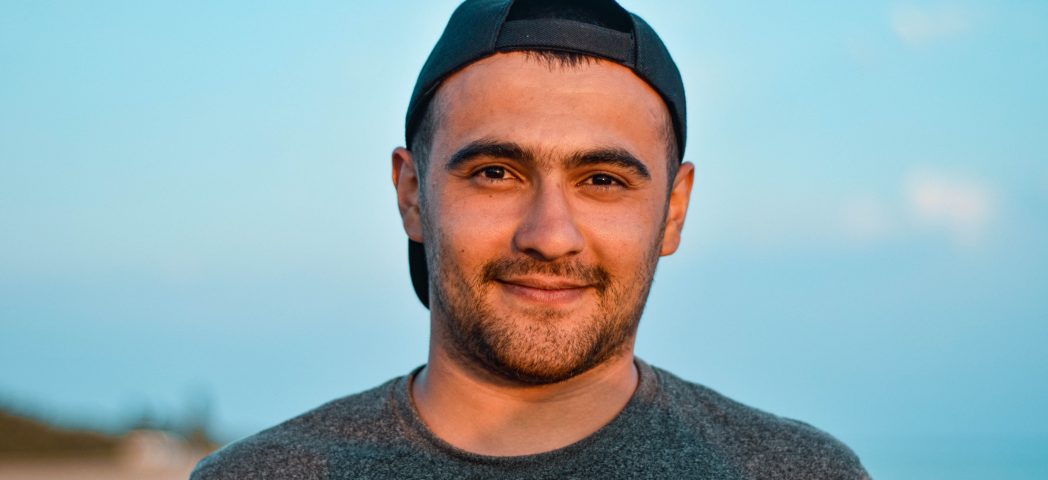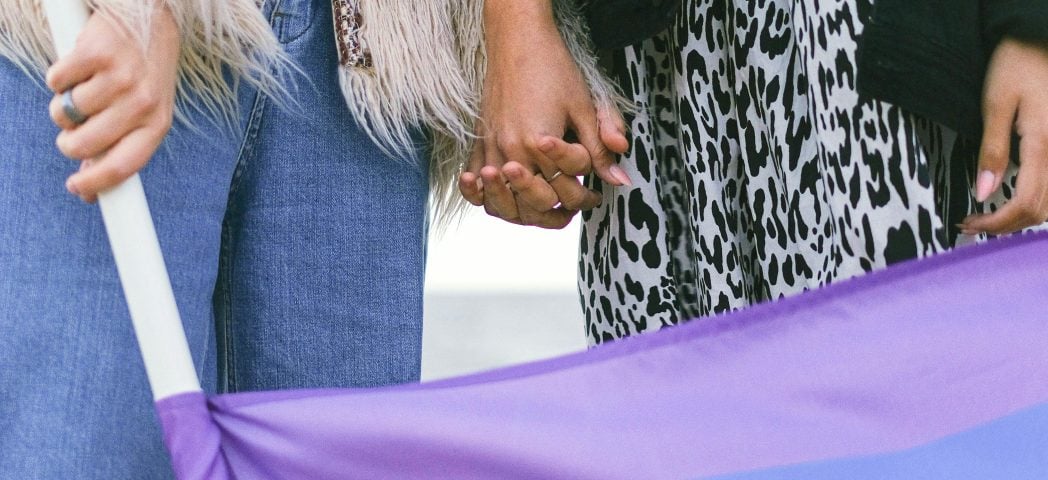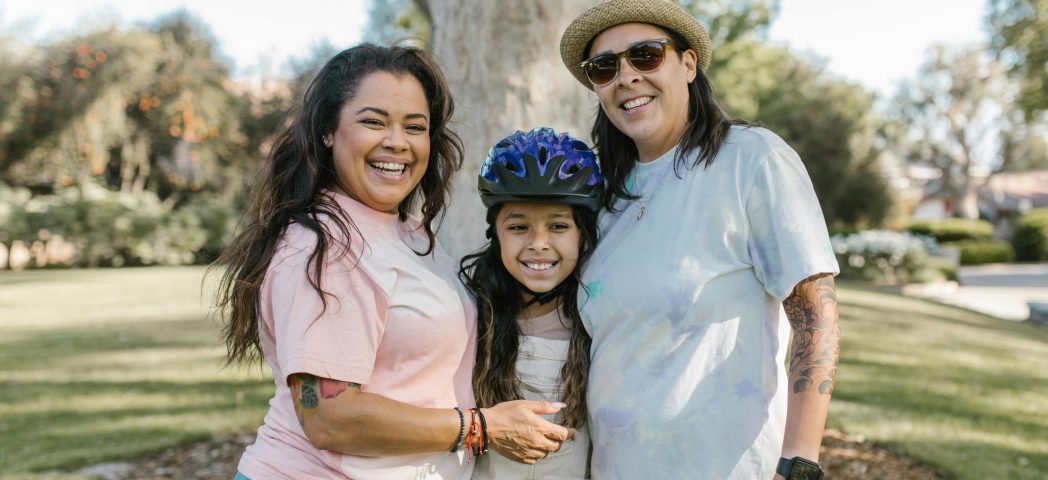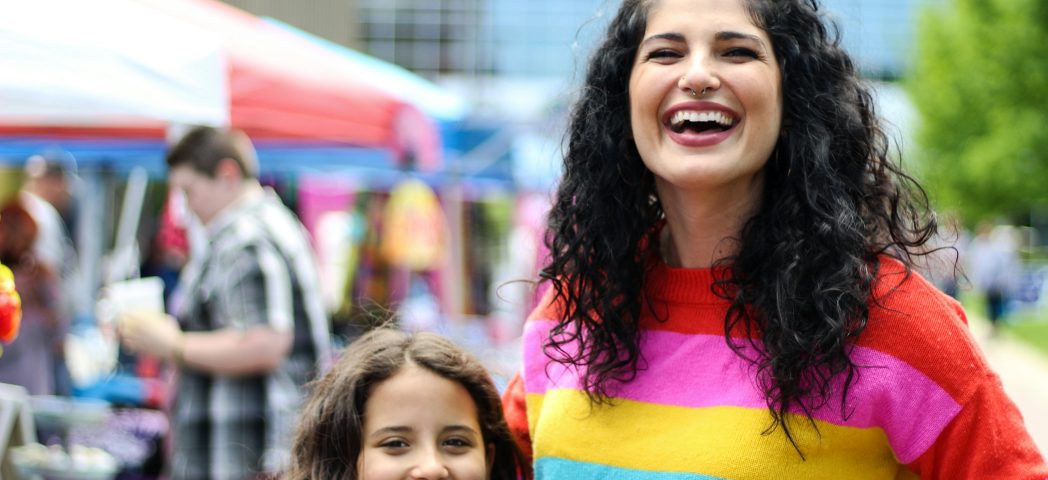Lack of recognition of identity, experiences and relationships: LGBTQIA+ people can often face a unique situation of having to care for a family member or person who may not be accepting of their identity or of their relationships, therefore adding extra stress to an already stressful caring situation.
For those from the LGBTQIA+ community, it can also be difficult choosing what services and supports to share certain (and how much) information with, and sometimes they don’t want to have to have difficult conversations stemming from disclosing information about their sexuality or gender identity, or have them repeatedly when accessing multiple services. Additionally, not disclosing certain information about their identity can lead to feeling upset and uncomfortable as they are unable to share their true authentic self (Carers NSW).
Limited access to affordable inclusive services, or lack of these services: Many carers face barriers to accessing supports e.g., not being able to afford the cost, eligibility issues, accessibility issues, etc.
People from the LGBTQIA+ community can experience these plus additional barriers relating to their sexuality and gender identity. LGBTQIA+ carer services simply don’t exist, or they are few and far between. Other supports and services may not have any awareness or information about how to support LGBTQIA+ carers (Carers NSW).

